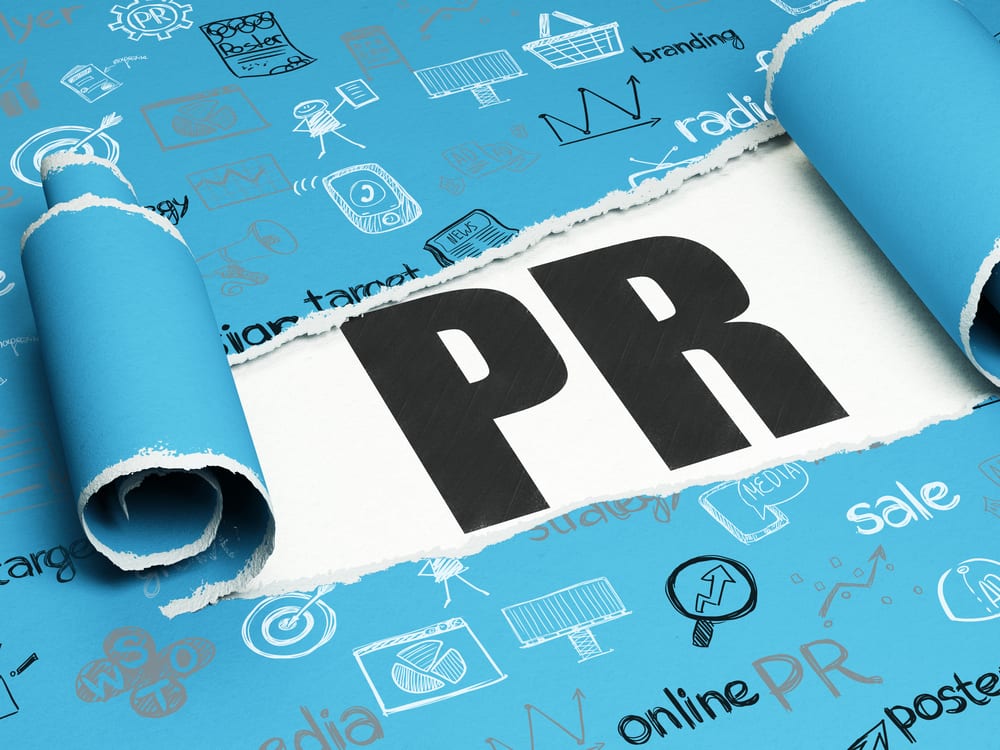How can you let people know about your business when your startup is operating on a
Pitch Story Ideas Instead of Sending Out Press Releases
If you have a small business on a budget, eschew the idea of typical press releases. Instead, focus on pitching great story ideas. What’s the difference? A traditional press release is dry and boring. When a journalist receives a press release, they have to figure out how to turn the facts from that press release into a story. With a pitch, you do that for them and increases your chances for being heard and highlighted.
Establish Thought Leadership Using Intense Specialization
When it comes to good PR, it’s not enough to be an expert in your industry, unless your industry is extraordinarily small, and targeted. Instead, focus on a two or three specialized areas within your industry and work to become known as an expert in those areas.
For example, if you own a catering business you might concentrate your PR and social media marketing efforts on establishing yourself as an expert in:
- Gluten Free Vegetarian And Other Special Dietary Needs
- Sustainable Food And Environmentally Friendly Cooking Methods
- Catering For Outdoor Events
Get to Know The Journalists And Media Outlets You Target
Chances are, you are already following influencers and establishing relationships with potential customers on social media. Are you also building relationships with journalists and media outlets?
Part of this is outreach. Join conversations. Like and share posts. Basically, do what you do in your other social media efforts.
The other part is research. Pay attention to journalists’ and media outlets’ schedules. When do they tend to be most active on social media? This is often when they have a bit of down time, and that can be a perfect time to email your pitch. When do online publications tend to break new stories?
If you are on the ball, and they run a story that you can relate to your business, you can follow up with your own story idea.
Utilize Tools For Distribution and Outreach
There are a few useful tools that can help you distribute your pitches and find the right journalists to tell your story.
One of these is, PRNEWS.IO – an online marketplace of editorial sponsored content, which can give your story a good kick in. You can browse and review various traffic and social metrics and choose to pursue very specific audience either in your area or on a global scale. A few “sponsored stories” may get the ball rolling and result in further organic coverage.
Another tool is HARO, which stands for help a reporter out. All you have to do is sign up, and you will get three alerts per day listing reporters looking for stories. You pitch your quotes and tips for a chance to get highlighted in a major outlet. Additionally, you can use the journo queries to identify what’s trending and use similar story lines in your content marketing campaign.
Finally, there is ANewsTip.com. Here you can look up media contacts according to their tweets, profiles, and articles. This tool allows you to find journalists who are tweeting about keywords relevant to your brand. The tool even allows you to narrow your search down by sub topic, date of tweet, and to specify specific media sources.
Create a Press Kit
Much of online PR is about actively seeking out media outlets and others who are interested in writing about you or your products. However, there will be times when journalists or bloggers find you.
In that case, you need to be ready for them. The best way to do this is to create a press kit. Your kit should contain answers to frequently asked questions, your company bio, descriptions and pictures of your products, quotes to use, bios of company stakeholders, links to previous media stories and press releases, and contact information. If you have notable clientele, list those as well.
Offer up Free Samples
You’ve got a great product and you’d love to have it featured or reviewed by a journalist, or A-list blogger. What better way to get their attention than by offering up a freebie. You could send them a free product or give them access to your services for free for a limited time.
The only caveat is that if you do this, you should be very selective about who you target. Otherwise, you will lose on the deal.
Write Your Own Articles
You don’t always need to have bloggers and journalists do the work for you. Instead, try writing your own articles on topics that are of interest to your audience. You can conger up plenty of great topic ideas by searching for trending news topics, and by paying attention to what your audience needs. Create content that solves their problems, and then shop it around to publishers interested in articles in your niche. That’s content marketing in a nutshell.
Always Follow-up
Journalists and other media folk are extremely busy. They deal with a massive daily influx of emails, texts, phone calls, and social media messages. This is in addition to researching, juggling deadlines, and writing or filming stories. If you don’t hear back regarding your pitch, don’t assume that you’ve been rejected. Stay in contact, follow up, and if one pitch fails to gain traction, submit another one.
Roll your own PR is simply a reality for small businesses and startups operating on a tight budget. Make use of the tips above, and your efforts will be rewarded.


